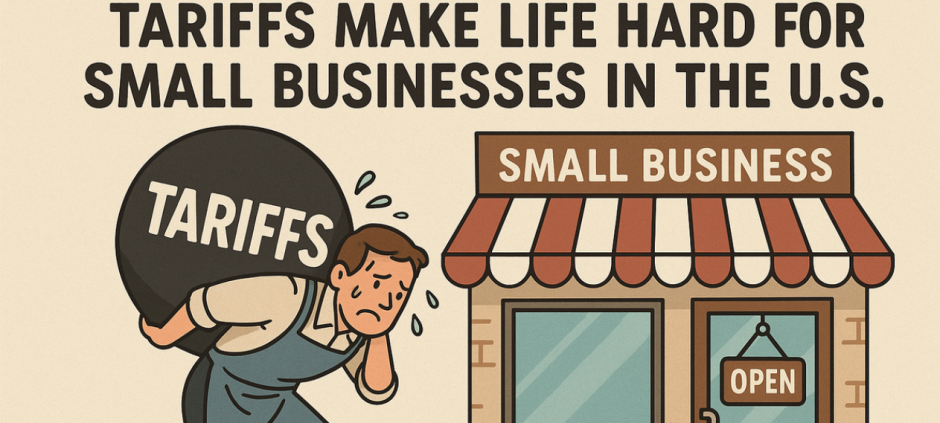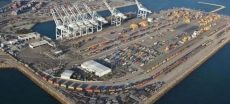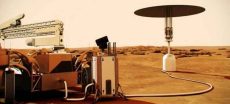Small businesses are struggling to keep prices low due to rising tariffs and production costs. Many want to make their products in the U.S., but it’s just too expensive.
Plufl, the company behind the viral “dog beds for humans,” faced this issue. Co-founders Yuki Kinoshita and Noah Silverman appeared on Shark Tank in 2022. They got a $200,000 investment from Mark Cuban and Lori Greiner. Their beds, made in China, sold for $299 and earned the company over $1 million in 2023.
When a 145% tariff was placed on Chinese imports, they looked into U.S. manufacturing. A factory in Las Vegas offered to make the beds for $150, but that didn’t include the faux fur cover, which still needed to be imported from China for $100 more. They pitched a U.S.-made version to Costco for under $500, but Costco said no.
After tariffs were lowered to 55%, the Plufl team chose to stay with Chinese manufacturing. To keep the $299 price, they are cutting shipping costs and taking smaller profits.
Aisha Chottani, another Shark Tank entrepreneur, also faced problems with tariffs. Her drink brand, Moment, is made in Wisconsin, but the aluminum cans are imported from China. A new tariff increased her cost by 4 cents per can.
She tried to raise prices with Albertsons, a major grocery chain, but they refused. So she kept the price the same and is now raising funds and cutting other costs.
Even big brands like Bugaboo are affected. The stroller company makes most of its products in China. Tariffs pushed them to raise prices by $50 to $300 in the U.S. They want to move production, but say it will take years.
Tariffs are making it harder for businesses to grow. Many are now stuck choosing between higher costs or lower profits.
Tariffs continue to pressure small businesses across the U.S., with many forced to cut margins or raise prices. Now, trade tensions are rising further as Trump warns of 30–35% tariffs on Japan amid stalled trade talks, adding more uncertainty for global suppliers.











